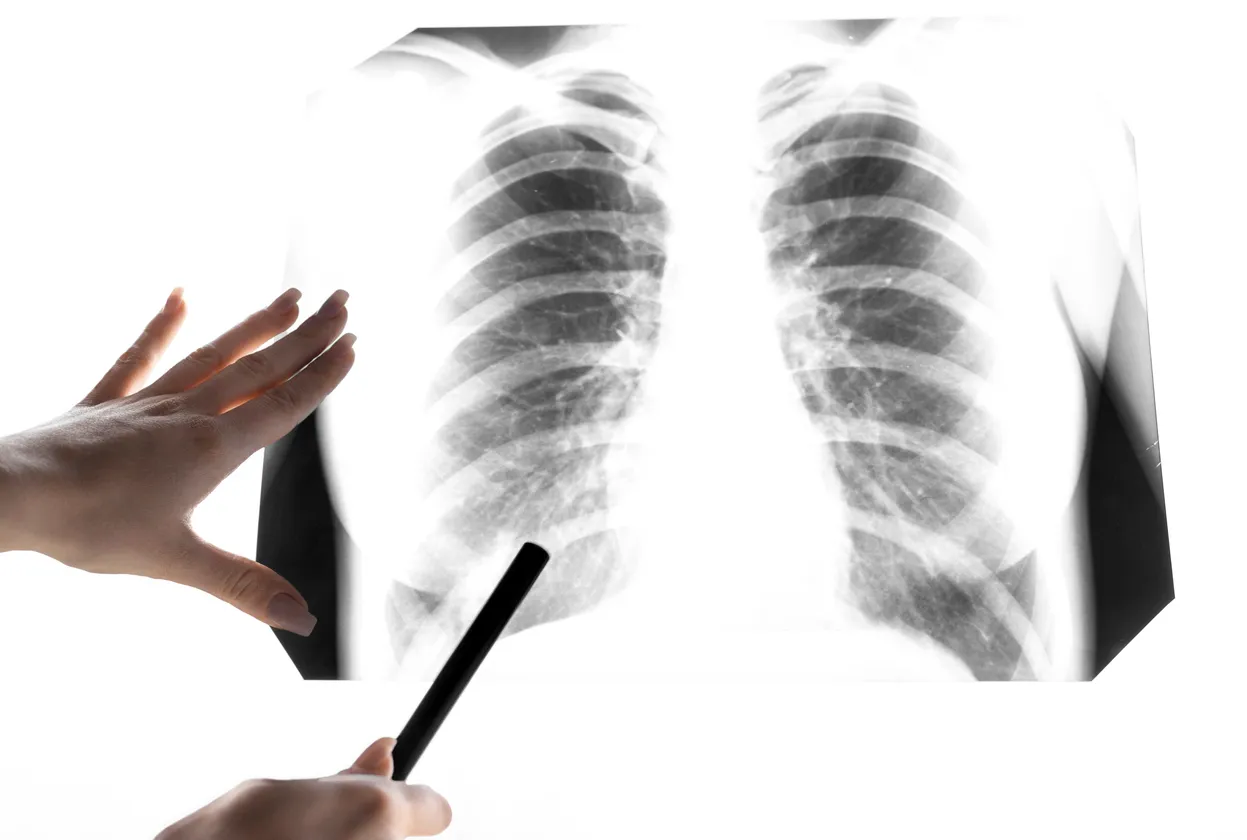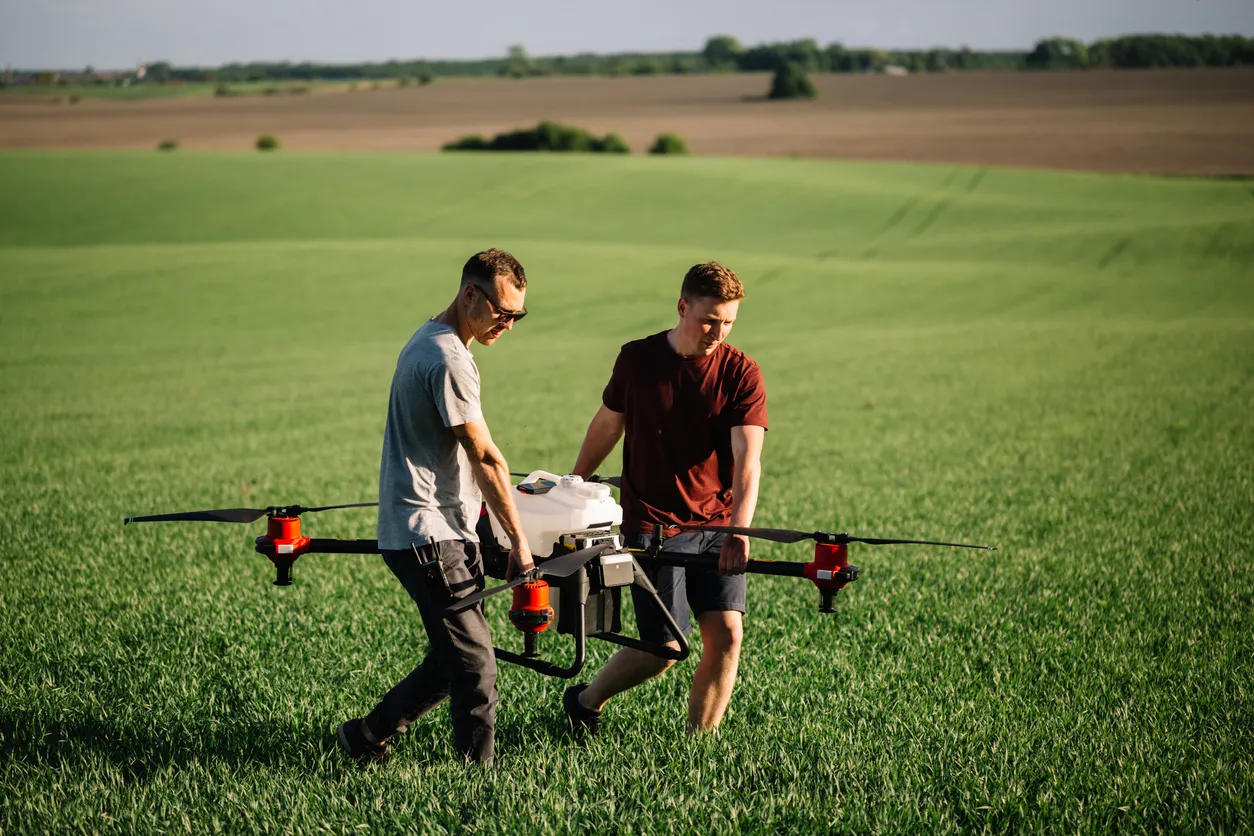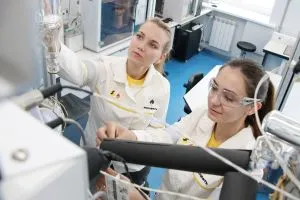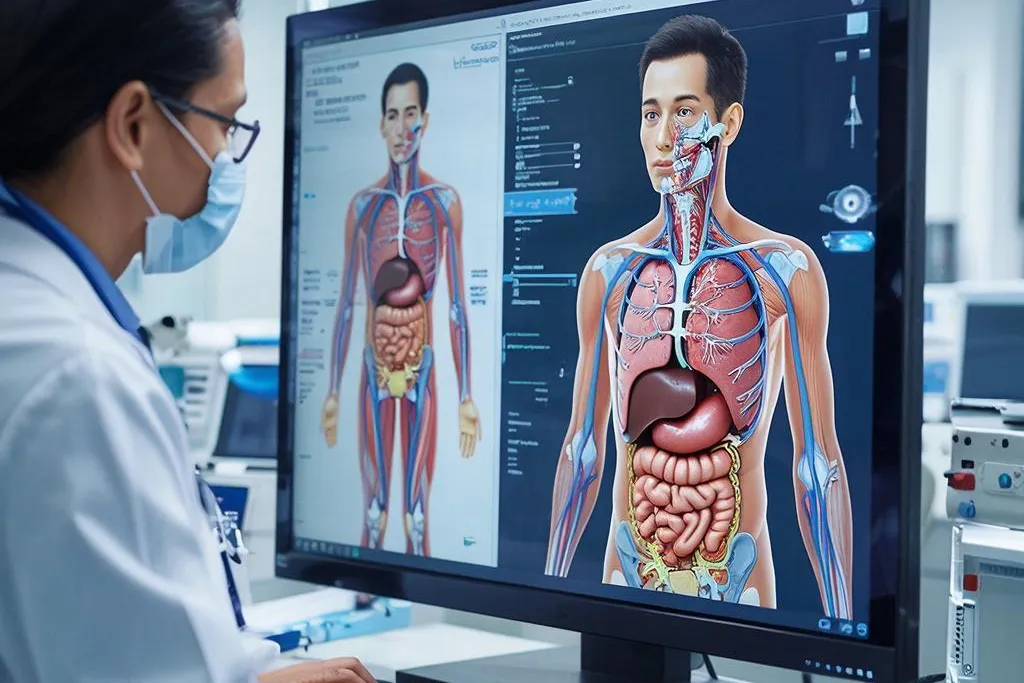Russian Scientists Automate Quality Control for Aircraft Turbines
Researchers have built an AI-powered system that scans turbine blades with 96 percent accuracy, spotting microscopic defects and fixing them on the fly—cutting costs and speeding up production.

Scientists at Perm National Research Polytechnic University have created a smart quality control system for turbine blades, one of the most critical components in aviation and power engines. The new technology replaces slow, labor-intensive manual inspection with an automated process that not only detects the tiniest defects but can also correct them immediately, significantly accelerating and reducing the cost of production. Experts say the innovation is vital for Russia’s industrial and technological independence.
According to the university’s press office, turbine blades are safety-critical parts whose surface finish must be flawless. Until now, quality inspection was the most complex and time-consuming stage: operators had to painstakingly examine curved surfaces from multiple angles to spot microscopic scratches or chips—a process that required extreme concentration and still risked human error.
The Perm team solved this by combining a polishing robot with an AI-based machine vision system. A special camera mounted on the robot’s arm scans the blade from all angles, while a neural network analyzes the video in real time, detecting defects with 96 percent accuracy.
One of the key breakthroughs is that operators now get a detailed digital report immediately after scanning, as explained Daniil Kurushin, associate professor of information technologies at the university and one of the project’s developers. Now operators can see exactly which areas require rework and send the part back for polishing without wasting hours on manual inspection.
The technology was trained and tested at an engine manufacturing plant on more than 1,500 images, proving its reliability in real industrial conditions. The researchers plan to expand the dataset to boost accuracy further and adapt the system for other complex manufacturing tasks.









































